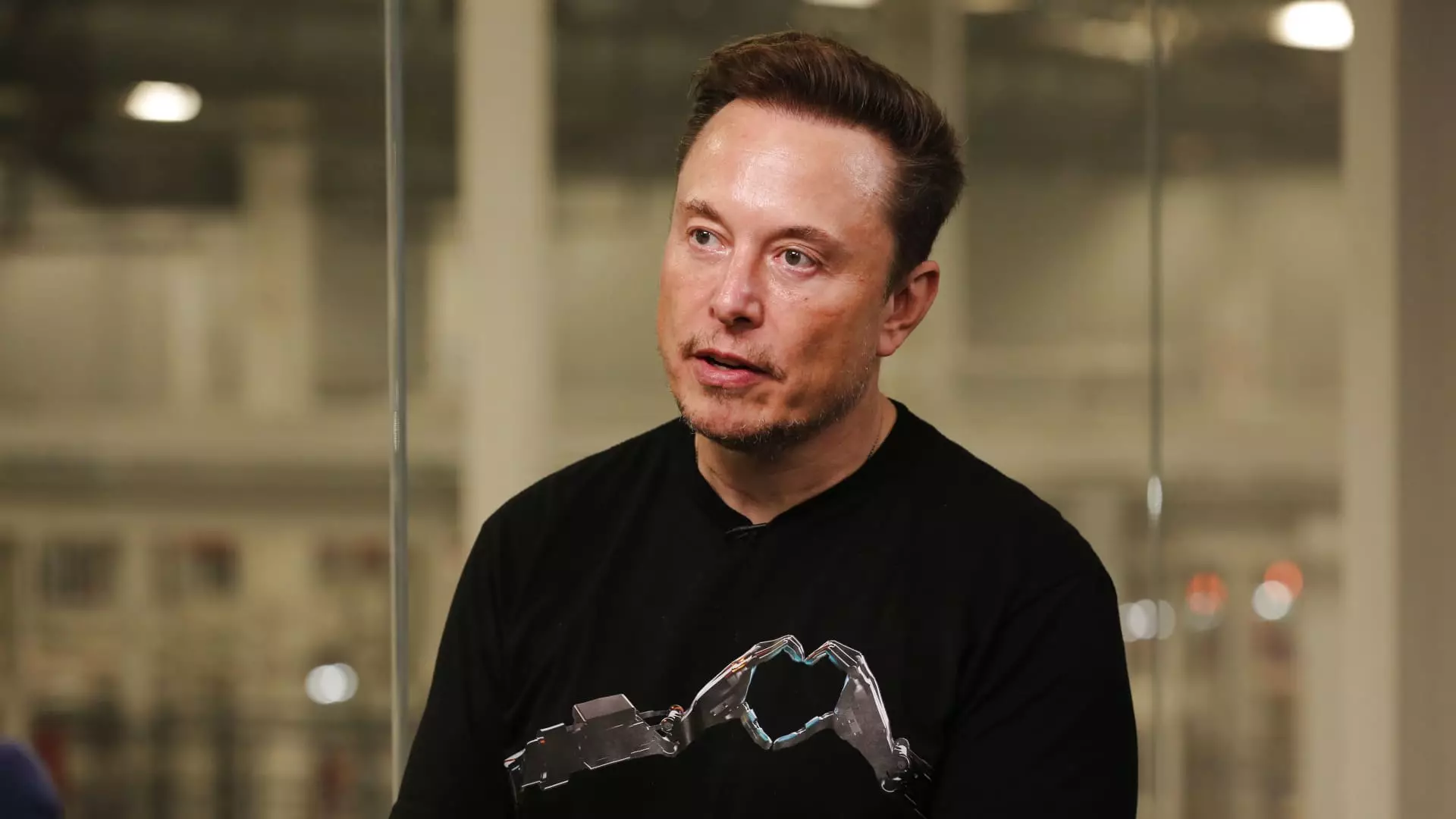In a startling revelation, a staff member from the Department of Government Efficiency (DOGE), under tech mogul Elon Musk, has vacated his position following an inquiry by the Wall Street Journal regarding his ties to a disreputable social media account. Marko Elez, the individual in question, drew scrutiny for his controversial online remarks, which included support for racist ideologies and eugenics. This incident raises significant questions about the vetting processes within governmental efficiency initiatives, particularly those spearheaded by high-profile figures like Musk, who promote drastic cuts to federal spending.
Elez’s resignation coincides with his recent appointment, sanctioned by a federal judge, granting him access to the U.S. Treasury’s payment systems. However, this access was coupled with limitations regarding the sharing of sensitive data from those systems. Further investigation by the Wall Street Journal revealed Elez’s previous online activity, including a now-defunct Twitter account that had been linked to him. The account reportedly showcased a range of hateful content, including racist sentiments and offensive statements regarding global conflicts. Such behavior not only contradicts the values expected from someone in a governmental position but also casts a long shadow over the integrity of the Department of Government Efficiency.
The implications of this incident extend beyond the individual involved. It raises critical concerns about the broader implications of engaging individuals with problematic backgrounds in government roles, particularly in a team that operates under the ethos of modernizing and streamlining government operations. Musk’s involvement in government efficiency projects emphasizes a need for accountability and thorough background checks among those chosen to implement systemic changes.
Treasury Secretary Scott Bessent’s description of the DOGE team as “highly trained professionals” juxtaposes sharply with the actions of Elez. By stating, “This is not some roving band running around doing things,” Bessent attempts to reassure the public about the professionalism of the team. However, the resignation of a member under such dubious circumstances contradicts this sentiment, signaling potential lapses in judgment regarding employee selection and oversight.
In light of these events, it sparks a discussion about the values and priorities of teams involved in government reform initiatives. The abrupt departure of Elez, upon media scrutiny, calls into focus the need for a more robust framework to ensure that individuals in government positions embody the integrity and ethical standards reflective of the public’s trust. It is essential for the administration to adopt a stricter protocol for vetting candidates, especially those associated with significant figures like Musk, known for controversial policies and practices.
Marko Elez’s resignation sheds light on the necessity for greater scrutiny and accountability within government employment practices. The intersection of technology, high-profile personalities, and government efficiency should never compromise ethical standards or public trust, and proactive measures must be put in place to prevent similar incidents in the future.

